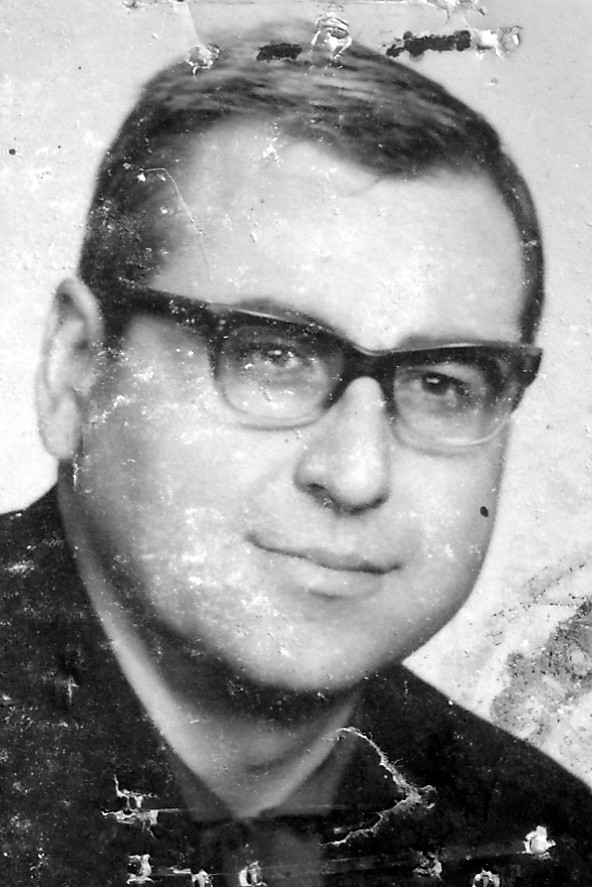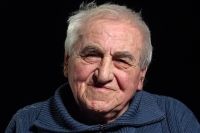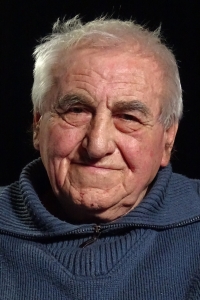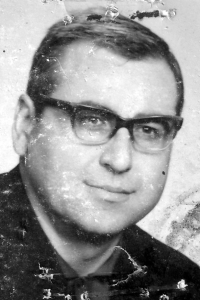They wanted me to sign the cooperation agreement

Download image
Kurt Schmidt was born on 21 November 1936 in Vsetín. In March 1939 he witnessed the burning down of the synagogue in Vsetín. His father Ludvík Schmidt hid the family of the Jewish teacher Leopold Blau, who had lived in the synagogue, at home for several months. He also facilitated their escape across the border. After the liberation, Kurt Schmidt saw a member of the Revolutionary Guards (RG) murder an old German. In the 1950s he studied geology at the Faculty of Mining and Geology of the Mining University (nowadays Technical University of Ostrava). After graduating in 1960, he joined the Degasification and Dewatering Plant (ZDO) at Ostrava-Karviná Mines (OKD). He worked as head of the degasification plant. During the invasion of the Warsaw Pact troops, he organized the writing of anti-occupation signs at the plant. Because of this, he had to quit his position in 1969. From 1970 he worked as the company manager of the Staříč Mine. During the normalisation period, he was repeatedly persuaded by members of State Security (StB) to sign the cooperation statement. He kept refusing to do so. In the early 1980s, he was investigated for endangering the safety of mining operations. In order to be able to get him acquitted, they again wanted him to sign the cooperation. He refused, but was not convicted anyway. After the Velvet Revolution, he ran his own business and was involved in municipal politics. In 2022 he was living in Ostrava.


